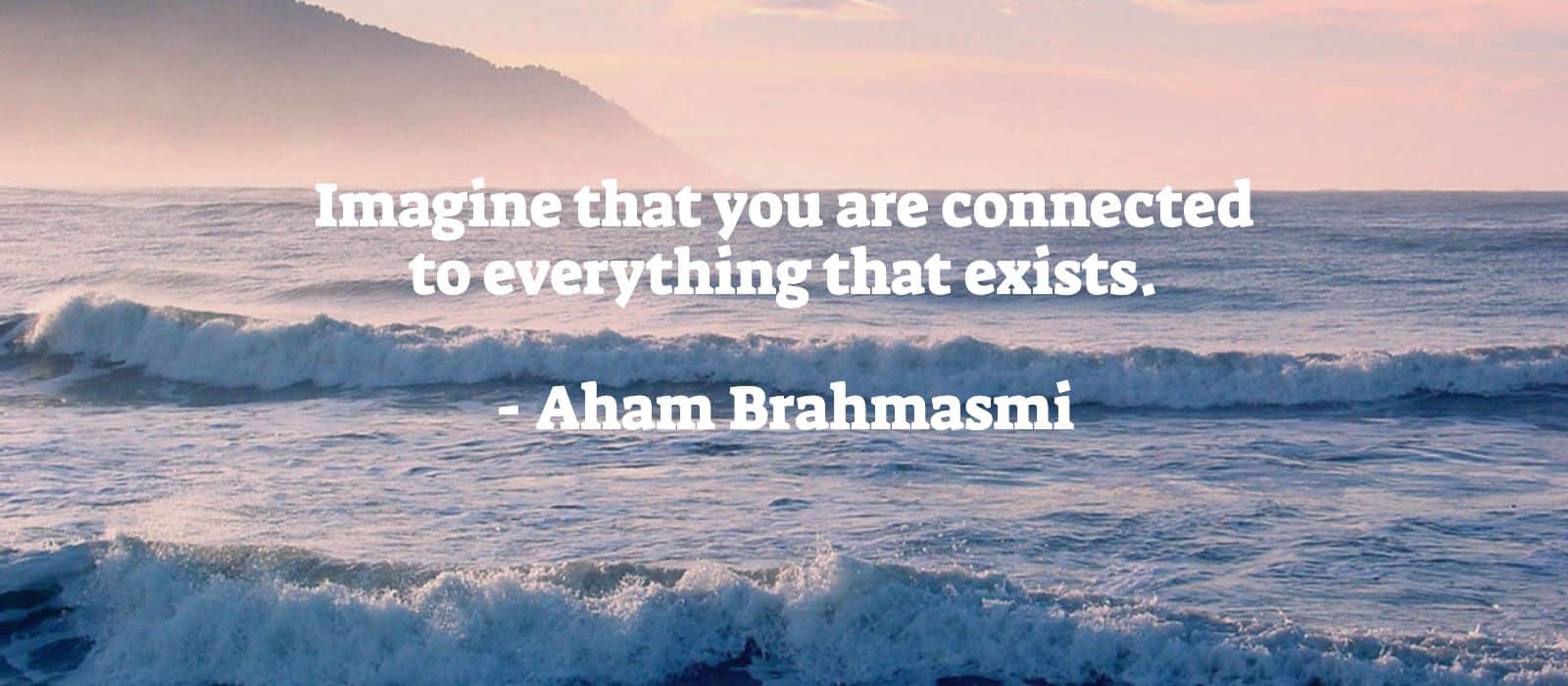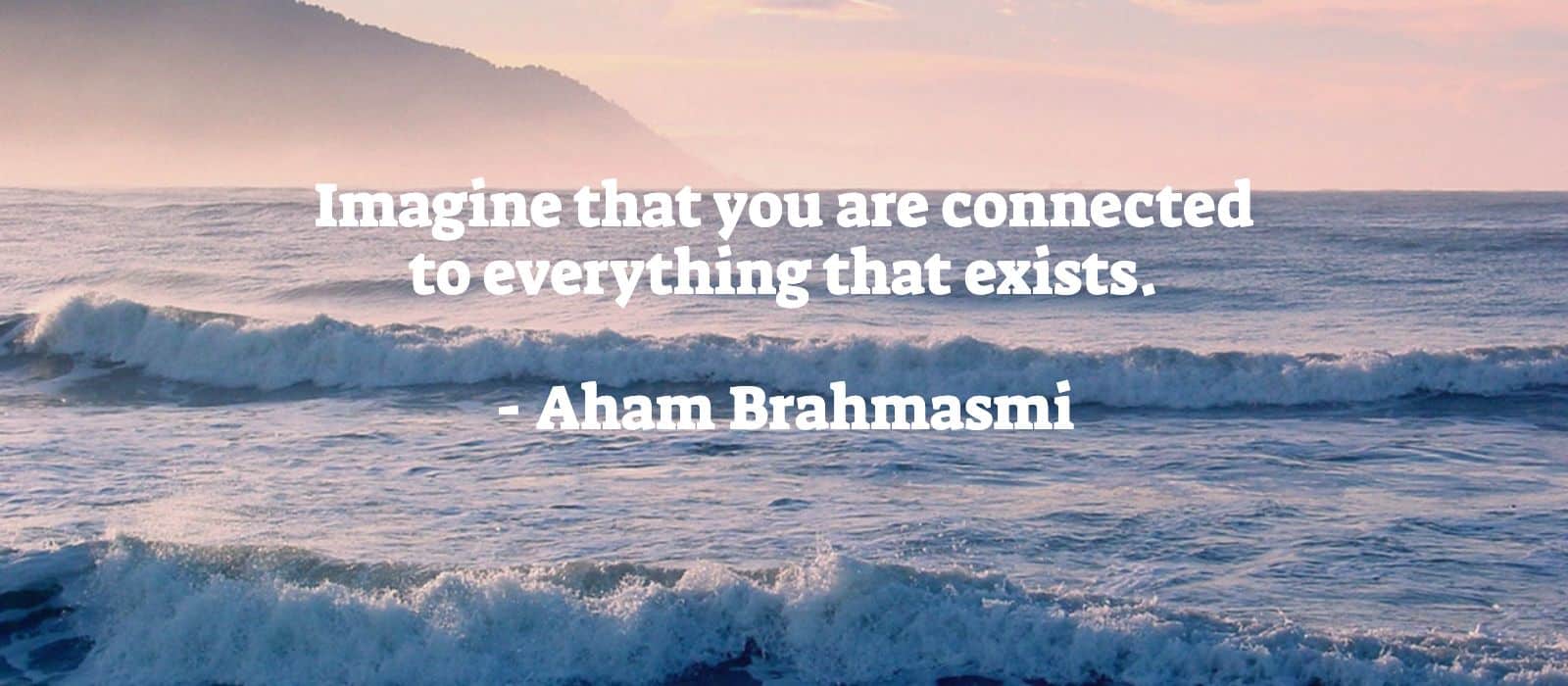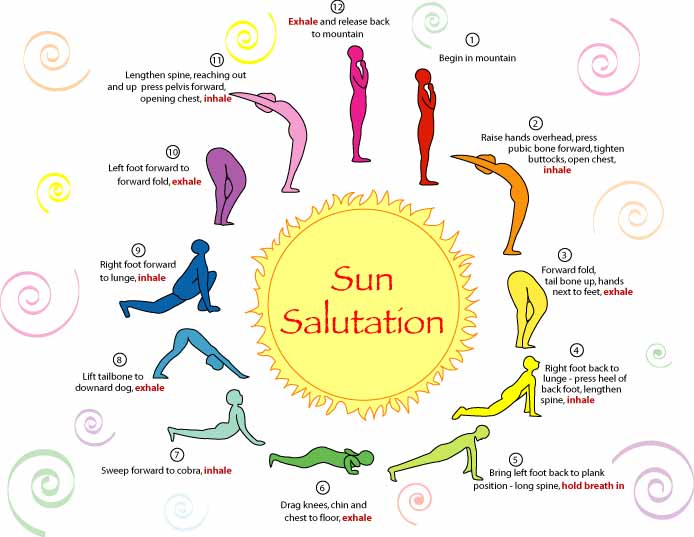Choosing My Religion

Do you practice religion?
I am religious, but not in the traditional sense. I do not mean “Not Religious, but Spiritual.”

Losing My Religion
I wasn’t taught to be religious, so maybe I can’t lose it. But growing up surrounded by Christianity in The Bible Belt, I felt guilty about not practicing alongside my peers. I’d ask my parent to take me to church. She told me she was “not religious, but spiritual.” I thought that because I wasn’t a church member, I was bad, and that the sun followed me because it knew that. When I was twelve, I learned about contradictions throughout The Bible. I found many verses that were in opposition to what I deem moral. My father, a devout Baptist, was fruitful and multiplied to bring me into the world, but went to church every Sunday after abandoning me when I had cancer. I knew Christianity wasn’t for me.
I felt shame around Christians and wished I could believe their doctrine. I thought they perceived me as lacking morality because I didn’t worship the same way as them. But I couldn’t buy what was being sold, especially that which modern science had already disproven.
At 18, I was dating a Jewish boy that would later become my first husband. I studied Judaism and other religions. I loved the cultural aspect of Judaism, the traditions, and that there weren’t conflicts with believing in science and being a practicing Jew. I went to classes at the synagogue briefly but life was busy. We divorced and when I married again to a Christian, I didn’t see the point in jumping through hoops to belong to a religion I didn’t share with my partner.
I still felt guilty around Christians. Judged. But one loved me regardless.
Choosing My Religion
A few years ago, I read The Power of Ritual. The book encourages secular rituals to feel a sense of belonging to a community and to connect to those who came before you. Without doctrine, you can still utilize facets that are built into religious practices to enrich your quality of life. The author, Casper ter Kuile, argues that you can turn all habits into rituals, as long as there are three components: intention, attention, and repetition.
He invites the reader to use ritual to experience a deeper connection to:
- the self
- the people around you
- the natural world
- the transcendent
The concepts presented were transformative. I didn’t have to submit to a doctrine that was patriarchal nor historically used as a means of forced submission to reap the benefits of feeling closer to a higher power.
My Church
I felt deeply connected to something greater than me when practicing yoga, but with my Western-centric belief system, I shrugged this off. I now let myself feel awash in the experience of connecting to those who came before me in this ritual.
People who feel safe in their bodies can begin to translate the memories that previously overwhelmed them into language. After Annie had been practicing yoga three times a week for about a year, she noticed that she was able to talk more freely about what had happened to her.
Dr. Bessel Van Der Kolk, The Body Keeps the Score pp 277
If that isn’t transcendence, what is? There is scientific basis in the deep connection I was feeling.
Group fitness also feels religious to me now, our bodies moving in tandem to loud music.
Collective movement and music create a larger context for our lives, a meaning beyond our individual fate. […] Music binds together people who might individually be terrified but who collectively become powerful advocates for themselves and others. Along with language, dancing, marching, and singing are uniquely human ways to install a sense of hope and courage.
Dr. Bessel Van Der Kolk, The Body Keeps the Score pp. 335
And, of course, in nature, be it for a moment in my own backyard, or in sight of a natural wonder–so long as I’m paying enough attention to allow awe to rush over me, I feel connected to something greater than myself.
Inspiration
My beliefs are rooted in teachings in Hinduism, Buddhism, Quechua, Potawatomi Nation, Ancient Celts, Ancient Egypt and Ancient Greece. In 12 step programs, they say “Take what you want, leave the rest.” and that’s been my way of creating practices that resonate with me.
Because I’m inspired by beliefs that came before me, I am connected to something bigger than myself, I’m following the lead of those who came before me. That’s why I believe I am religious, rather than spiritual.
My Prayer
I already had regular routines in place through magical mornings when I stumbled upon this book about ritual. In my Pavlov’s Playlists post I wrote how my morning routine slowly developed through the playlist I employed. That playlist now incorporates intentionally selected songs to chant, honor, meditate and pray.
Through Ayurveda, I learned about the meaning of particular mantras: Aham Brahmasmi, Hari Om Tat Sat, Kleem, and Gayatri are the tracks that begin my practice. It was also through Ayurveda that I learned to embody what each pose represents in yoga and to think of goddesses as examples in how to live.

Aham Brahmasmi teaches me that everything is my ancestor, from the floor I’m laying on to the clock I watch as I move through my poses. We were all born of star stuff, every thing on this earth and the earth itself. We share a distant relation. We should want the best for all that surrounds us as we would a cousin.
During Gayatri mantra, I practice gratitude to the Sun, similar to many Native American tribes and Ancient Egyptians alike. I do so through Sun Salutations.

The next song is Komorebi, during which I do tree pose. I think first of letting go of all attachments as I balance on one foot. As I grow my tree, I think of the gifts a tree offers without expecting anything in return. I think of how an oak that weathers many storms becomes stronger.

I evoke Hathor, Egyptian goddess of love, beauty, music, dancing, fertility, and pleasure while in dancer pose during Hathor’s Meditation.
I see things from a new perspective in handstand, I meditate, I think of what I want from my future. During my shower, a track plays about water flow, and I feel gratitude for water, that which we cannot live without.
My practice continues through the playlist, through the intention I set.
Muses
Like the Greeks before me, I believe that what I create is not mine alone, but is inspired through the essence of shared godliness throughout the universe. I see myself as but a vessel, and it is my job to prune, create space, and allow for creativity to flow through me.
My Bible Study
I’m part of a group of women who share stories and react to readings from approved literature. This group became an important tool for me when possibility took front seat in my life. I appreciate the fellowship of the other women in the group and we discuss readings and observations just as a Bible study would, yet without the necessity of sharing a concrete belief system about creation, death, and morality.
My Guilt
I no longer feel guilt about not belonging to the religion of the majority. Many of those most devout in their faith had ancestors who worshipped nature similarly to me before they would have been literally murdered for not worshiping a Christian God. I won’t let colonialism force me into shame or guilt anymore–that’s the intention of the messaging, messaging conceived in order to oppress.
I’m still happy for those who are able to find comfort in a masculine, all-powerful God, but I no longer worry about them looking down on me. I have my own faith, rooted in traditions from around the world.
Beautifully articulated a sentiment that many grapple with. It’s incredibly empowering to reclaim your own spirituality and reject the guilt imposed by colonial narratives. Thanks for sharing .
[…] episodes by attacking it from all angles–dopamine decor, self care, dopamine dressing, ritual, avoiding social media, making art, building community, practicing gratitude–the list goes […]
[…] years now, I’ve meditated on detachment during my spiritual practice and morning routine. It just hit me on a deeper level than ever, and I never want to turn […]
[…] cool and all—one of these days maybe they’ll all be done at once and the way I envision my life will finally come into fruition and my backyard and basement won’t look like […]
[…] know where to start, the best plan of action is to start anyway, one word at a time, and let the muses pull you along the […]
[…] helps that I learned to trust the process, that I think more about a higher power playing a role. I can’t control everything, but I can listen and know that my body has knowledge […]